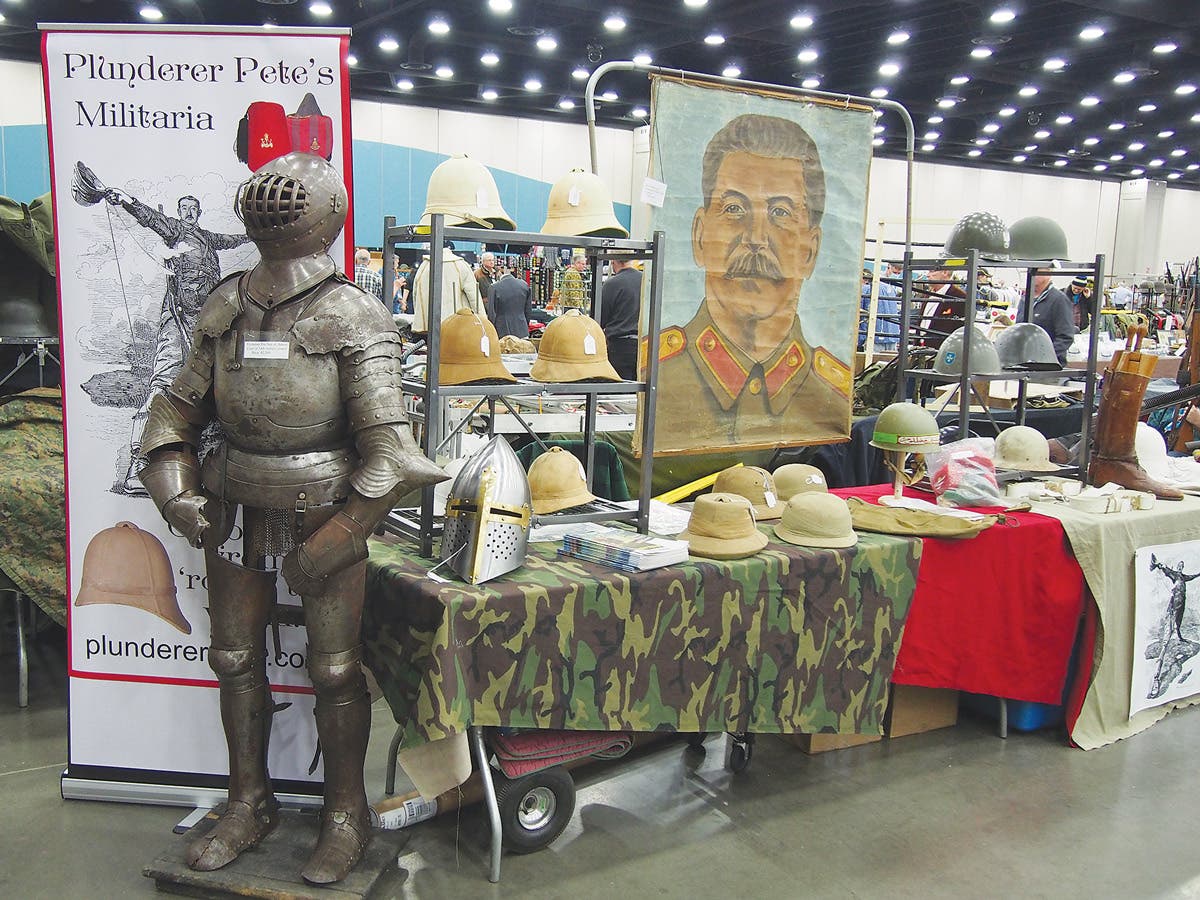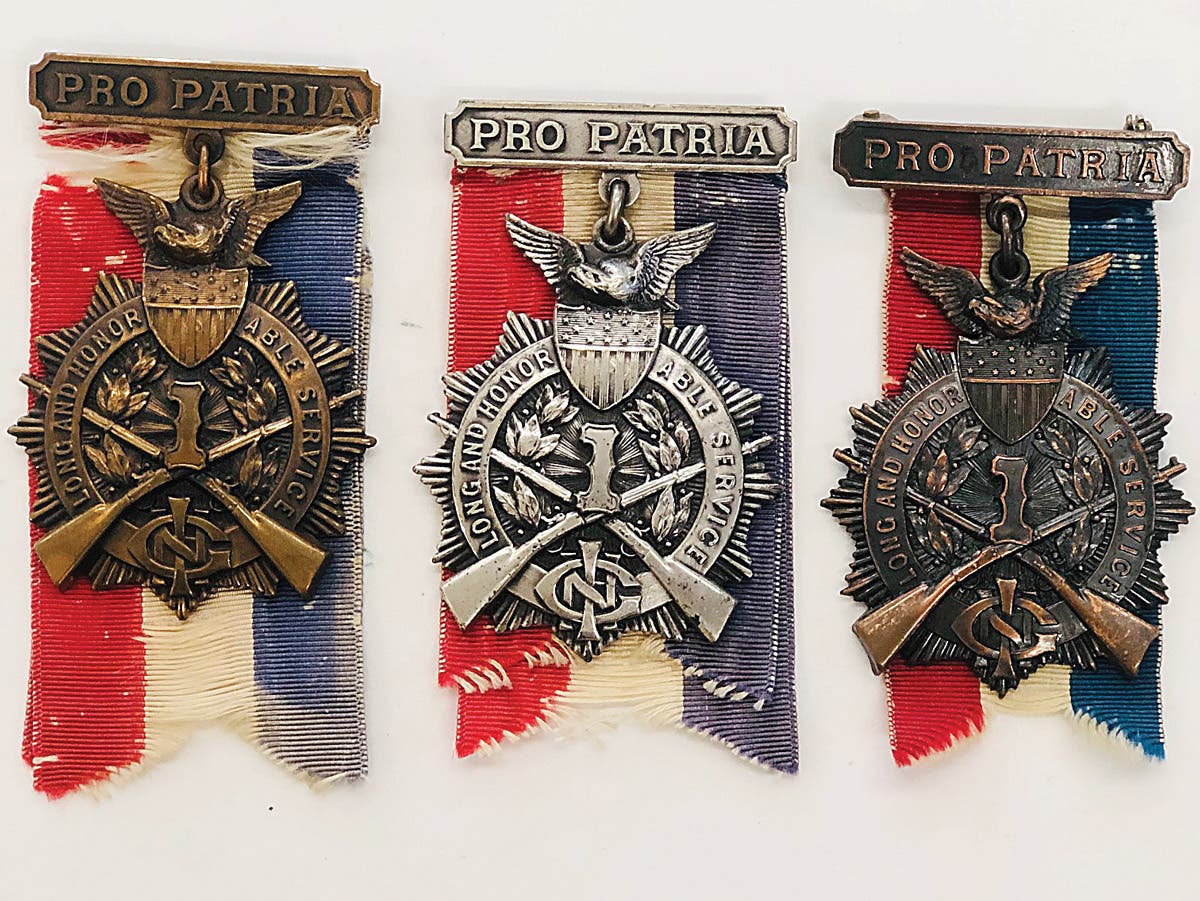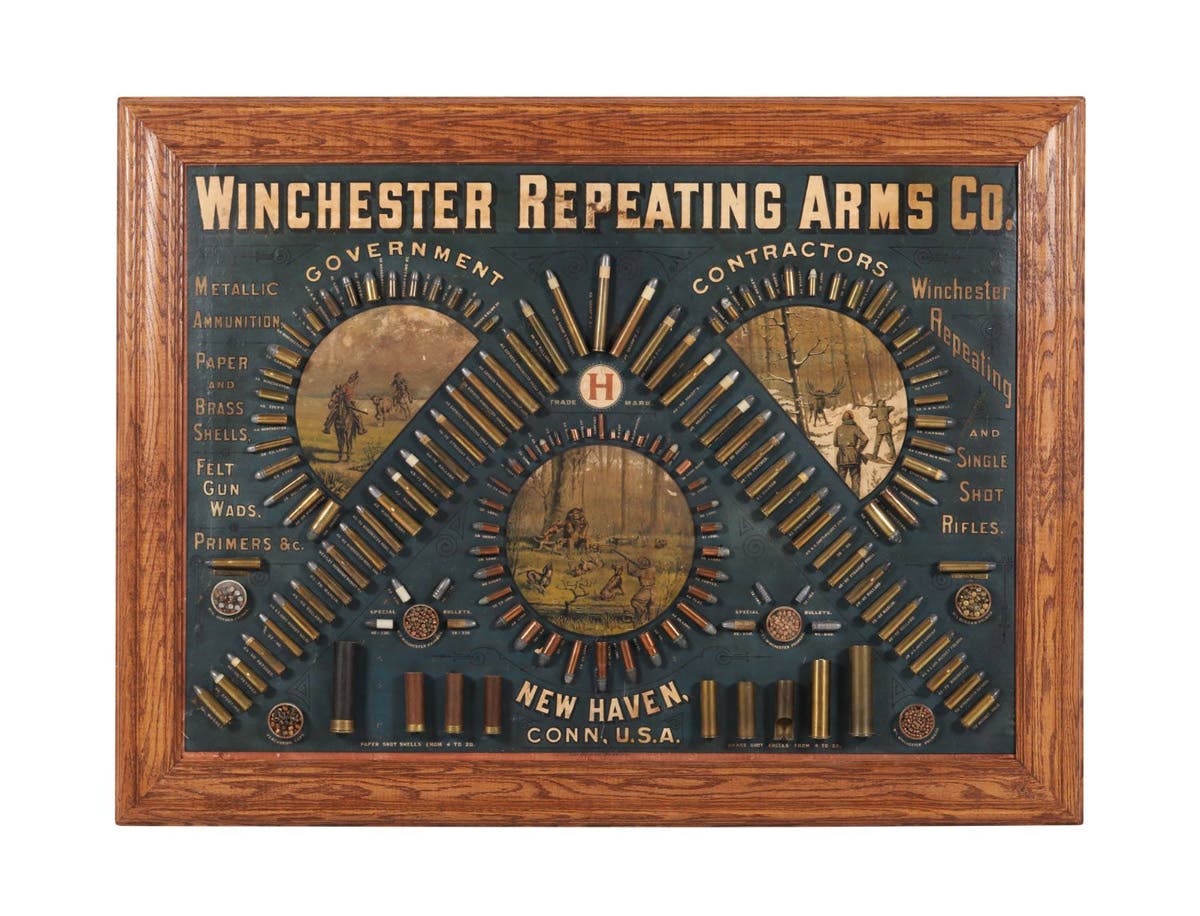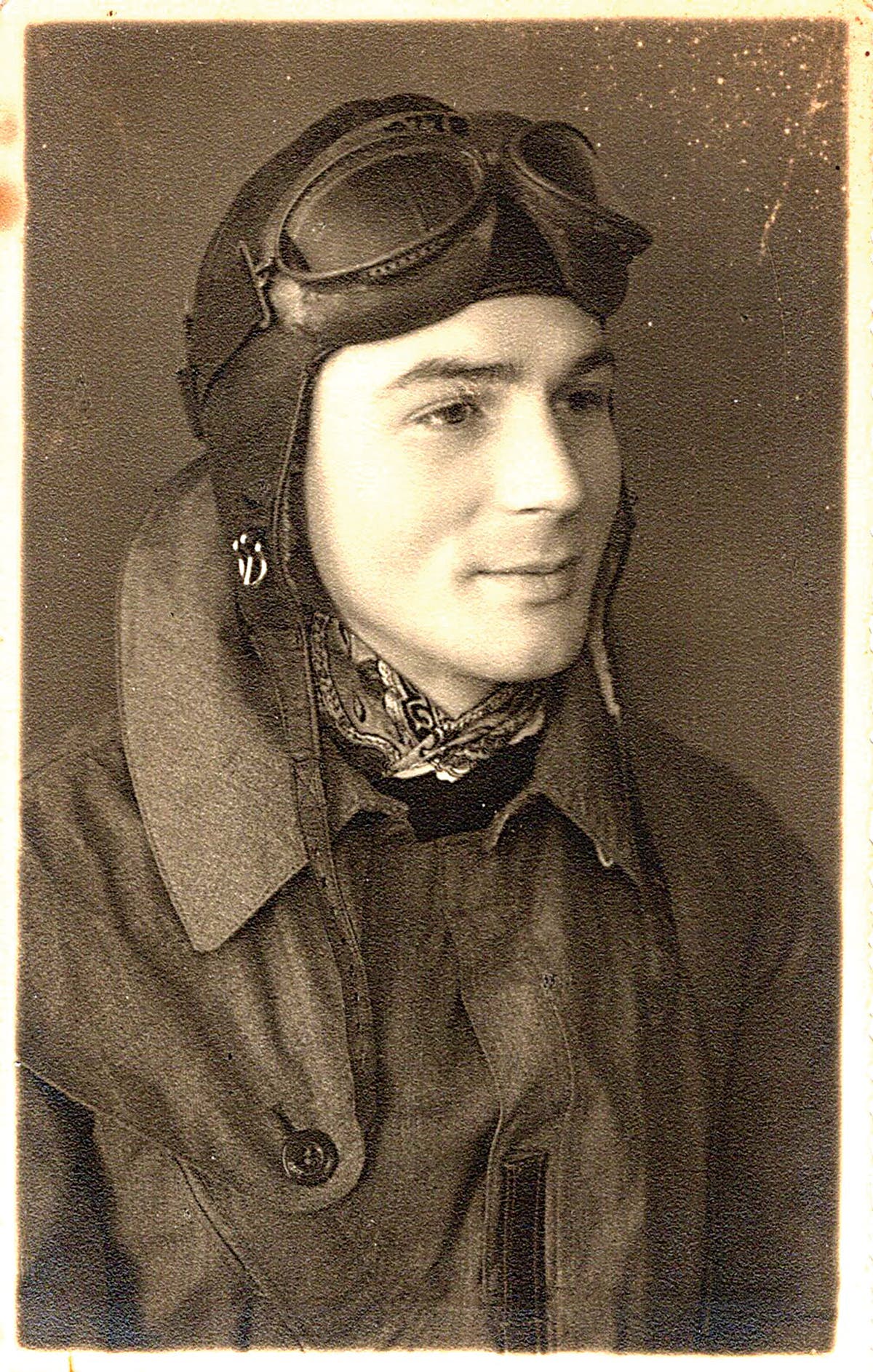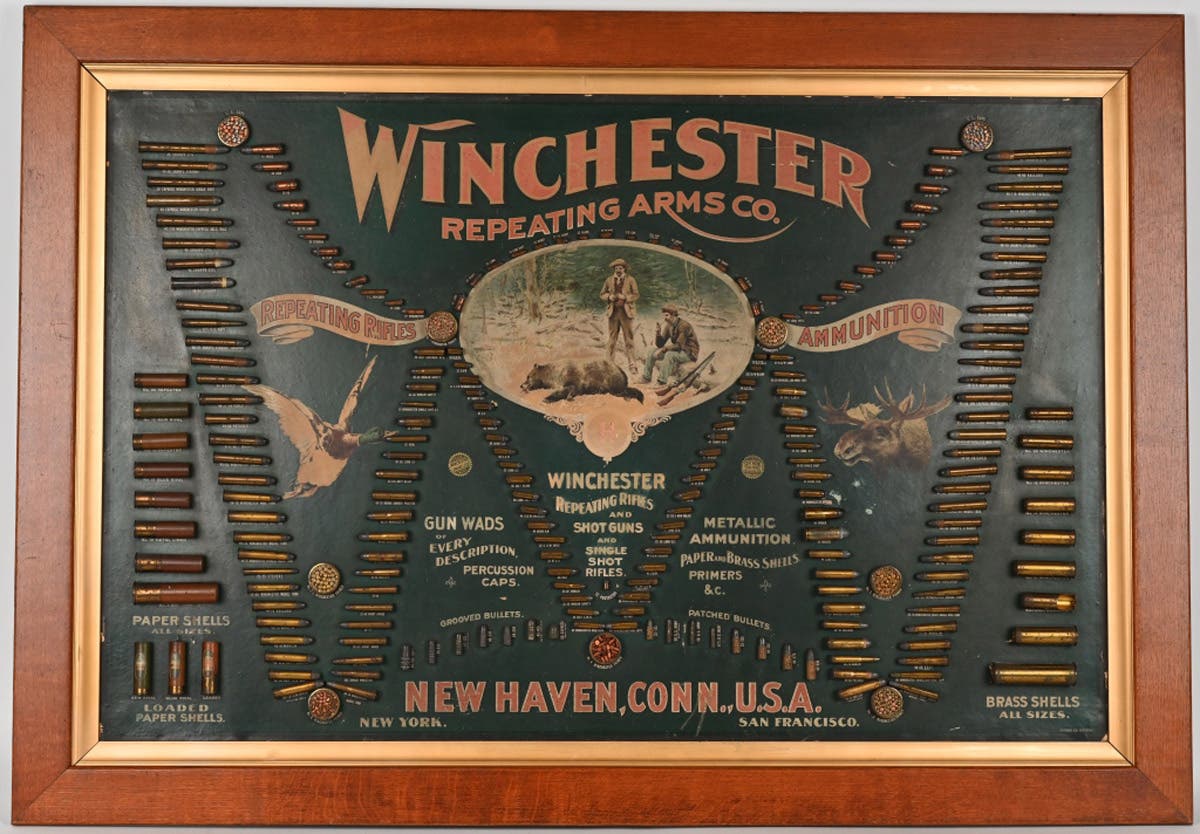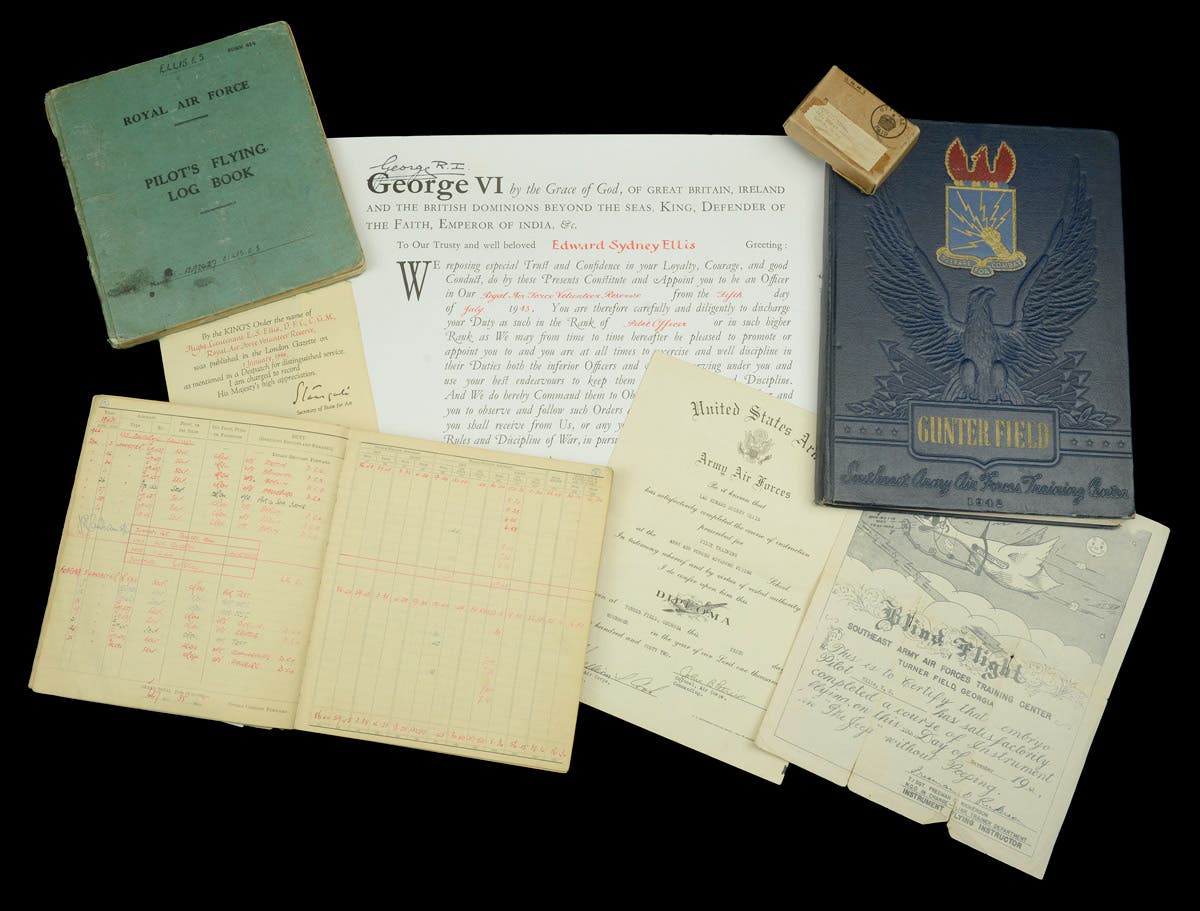Unearned military medals seen as free speech
According to a news article published by The Associated Pres, a federal appeals court disregarded a veteran’s conviction for wearing unearned military medals on the grounds of free speech. In…
According to a news article published by The Associated Pres, a federal appeals court disregarded a veteran’s conviction for wearing unearned military medals on the grounds of free speech.
In 2007 Elven Joe Swisher was convicted of violating the 2007 Stolen Valor Act. The Act stated that it was considered a misdemeanor to falsely claim military accomplishments. The law was enacted in 2006, but the U.S. Supreme Court reversed the law on grounds that it was a violation of the Constitution’s First Amendment right of free speech.
In 2005, Swisher was involved in a tax-evasion case where he testified that he was solicited to kill a presiding judge. The solicitation came about after Swisher boasted that he killed “many men” in the Korean war to the solicitor on trial. Unfortunately, Swisher’s claims were not valid due to his enlistment was after the Korean War.
During the trial Swisher was photographed wearing a Purple Heart on the witness stand.
At his 2007 trial on violation of the Stolen Valor Act, prosecutors used photos of his testimony in the 2005 trial as evidence. Along with the Purple Heart medal, photos were shown with Swisher wearing several other award medals including the Silver Star, Navy and Marine Corps Ribbon, and the Navy and Marine Corps Commendation Medal with a Bronze “V.”
After the Stolen Valor Act was struck down, Congress made, and President Obama signed, a new law in 2013 making it a crime to profit financially by lying about military service.
After Swisher’s conviction, Congress took out the provision of making it illegal to wear unearned medals.



